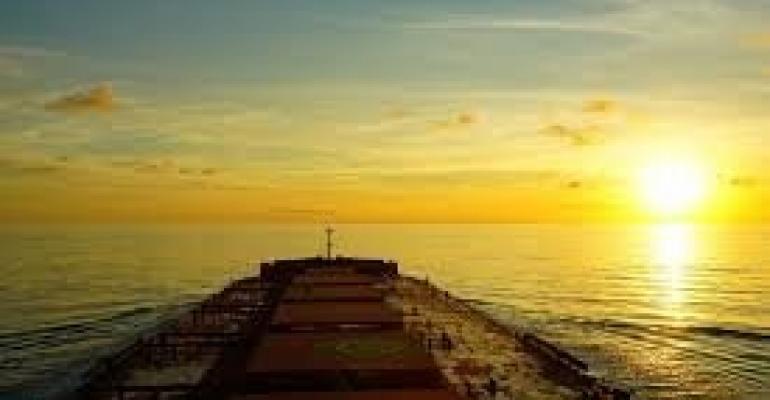Asked about fitting scrubbers during Scorpio Bulker’s half year earnings call coo Cameron Mackey said that the company was still evaluating scrubbers and noted most of the interest had come for large vessels regardless of sector.
“I think the early adoption of larger ship types -- the big container ships, the larger bulk carriers, the large tankers obviously give us a good feeling about availability in some key global ports,” Mackey said, according to a transcript of the call from SeekingAlpha.
However, once you move away from capesizes in dry bulk, ultra-large containerships and very large crude carriers (VLCC), to mid-sized vessels such as ultramaxes, the mainstay of Scorpio Bulker’s fleet that trade a much wider range of ports high sulphur fuel availability becomes more of a question mark.
“But when you get into smaller ships that have to bunker in areas way off that those main trade routes, it's still very, very unknown and uncertain whether the benefit of a scrubber can be realized because you won't be able to find any fuel. That is in doubt, the environment is changing rapidly and we're watching it,” he said.
Recent months have seen many owners of large tonnage including DHT Holdings, Frontline, Star Bulk Carriers, Maran Tankers and Songa Shipmanagement opting to fit scrubbers to at least part of their fleet to meet the demands of the sulphur cap.
Read more: Frontline opts for scrubbers, buying stake in manufacturer
Mackey also questioned whether the expected spread between high sulphur and low sulphur fuels post 2020 would be as high as some are forecasting – the region of $300 per tonne – which would provide for a very rapid payback on a scrubber of under 12 months in terms of the cost savings accrued from buying cheaper high sulphur fuel.
“I would caution, however, that there are a number of blended products coming to market, which in certain circumstances could be quite useful substitute for distillate, post 2020 -- post regulatory rollout.”
However, while Scorpio Bulkers is not opting for scrubbers at the moment it does not rule out the possibility down the line. “There may be a point where it becomes compelling but it isn't to us today. But as and when we get closer to 2020 we'll see how the facts on the ground change,” Mackey said.
The IMO’s 0.5% sulphur cap for marine fuel comes into force globally on 1 January 2020, and the UN body has made it clear on multiple occasions there will be no delay in implementation.
Read more: 'No turning back!' on 0.5% sulphur cap states IMO sec-gen
Copyright © 2024. All rights reserved. Seatrade, a trading name of Informa Markets (UK) Limited. Add Seatrade Maritime News to your Google News feed.


